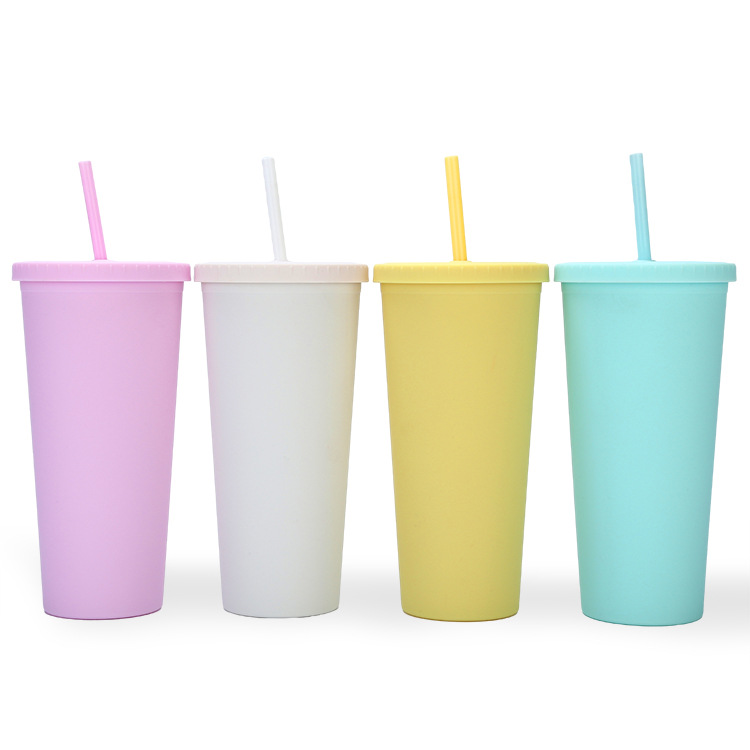Plastic bottles have become an integral part of our daily lives, providing a convenient and portable way to consume drinks and other liquids. However, the widespread use of plastic bottles has also led to a major environmental problem: the accumulation of unrecycled plastic waste. Every year, an alarming number of plastic bottles are not recycled, leading to pollution, environmental degradation and harm to wildlife. In this article, we explore the impact of plastic bottles not being recycled and look at how many plastic bottles are not recycled every year.
Impact of plastic bottles on the environment
Plastic bottles are made from polyethylene terephthalate (PET) or high-density polyethylene (HDPE), both of which are derived from non-renewable fossil fuels. The production of plastic bottles requires large amounts of energy and resources, and the disposal of these bottles poses a serious threat to the environment. When plastic bottles are not recycled, they often end up in landfills or as waste in natural ecosystems.
Plastic pollution has become a global concern, with plastic waste polluting oceans, rivers and terrestrial environments. The durability of plastic means it can remain in the environment for hundreds of years, breaking down into smaller pieces called microplastics. These microplastics may be ingested by wild animals, causing a series of negative impacts on ecosystems and biodiversity.
In addition to the environmental impact of plastic pollution, the production and disposal of plastic bottles also contributes to greenhouse gas emissions and climate change. The extraction and manufacturing processes of fossil fuels and the breakdown of plastic waste all release carbon dioxide and other greenhouse gases into the atmosphere, exacerbating the global climate crisis.
The scale of the problem: How many plastic bottles are not recycled each year?
The scale of unrecycled plastic bottle waste is truly shocking. According to the environmental advocacy group Ocean Conservancy, an estimated 8 million tons of plastic waste enter the world’s oceans every year. While not all of this waste is in the form of plastic bottles, they certainly account for a significant portion of total plastic pollution.
In terms of specific numbers, providing an accurate figure on the number of plastic bottles that are not recycled each year globally is challenging. However, data from the U.S. Environmental Protection Agency (EPA) gives us some insight into the extent of the problem. In the United States alone, it is estimated that only about 30% of plastic bottles are recycled, which means the remaining 70% ends up in landfills, incinerators, or as trash.
Globally, plastic bottle recycling rates vary widely between countries, with some regions having higher recycling rates than others. However, it is clear that a large proportion of plastic bottles are not recycled, leading to widespread environmental harm.
Solving the problem: Promoting recycling and reducing plastic waste
Efforts to address the problem of unrecycled plastic bottles are multifaceted and require action at the individual, community and government levels. One of the most effective ways to reduce the environmental impact of plastic bottles is to promote recycling and increase the rate of plastic bottle recycling.
Education and awareness campaigns can play a vital role in encouraging individuals to recycle plastic bottles. Providing clear information about the importance of recycling, the environmental impact of unrecycled plastic waste and the benefits of a circular economy can help change consumer behavior and increase recycling rates.
In addition to individual actions, businesses and governments have a responsibility to implement policies and initiatives that support recycling and reduce plastic waste. This could include investing in recycling infrastructure, implementing bottle deposit schemes to incentivize recycling, and promoting the use of alternative materials or reusable containers.
Additionally, innovations in plastic bottle design, such as using recycled materials or creating biodegradable alternatives, can help reduce the environmental impact of plastic bottle production and disposal. By adopting sustainable packaging solutions, the industry can contribute to a more circular and environmentally friendly approach to plastic bottle use.
in conclusion
The environmental impact of unrecycled plastic bottles is a significant and urgent issue that requires collective action to address. The large amount of unrecycled plastic bottle waste every year causes pollution, environmental degradation and damage to ecosystems. By promoting recycling, reducing plastic waste and adopting sustainable packaging solutions, we can work to reduce the environmental impact of plastic bottles and create a more sustainable future for our planet. Individuals, businesses and governments must work together to find solutions to this serious environmental challenge.
Post time: May-04-2024
